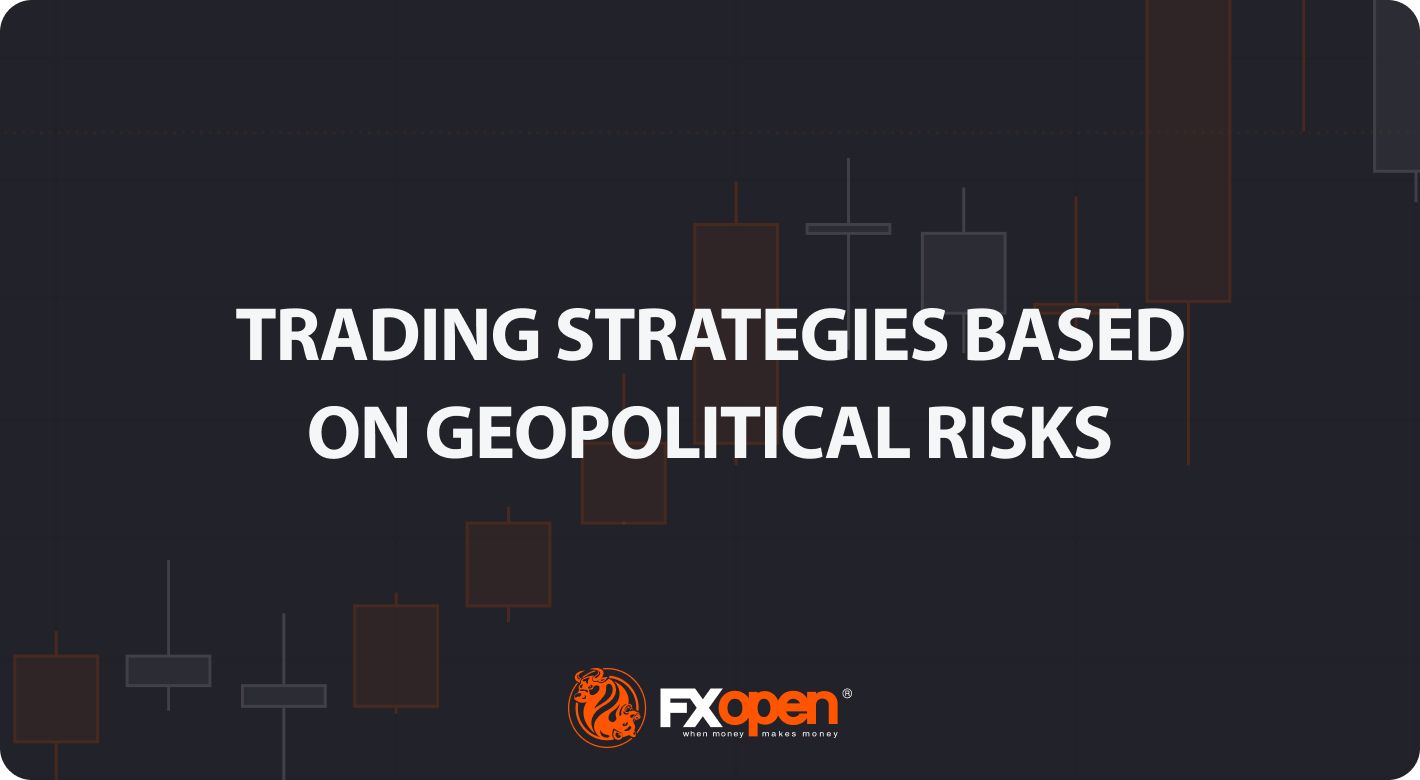
Navigating Forex Volatility: Strategies for Traders Amid Economic Uncertainty
As geopolitical tensions escalate, particularly with the ongoing conflict between Israel and Iran, forex traders are facing an increasingly turbulent market. The ongoing strife has led to notable currency fluctuations, prompting traders to rethink and refine their strategies to effectively manage risks and capitalize on the prevailing volatility.

Understanding Market Dynamics
The forex market, known for its rapid pace and vast liquidity, is particularly sensitive to geopolitical events. During periods of unrest, investors often gravitate towards safe-haven currencies. According to FXStreet, the US Dollar (USD), Japanese Yen (JPY), and Swiss Franc (CHF) are among those that typically appreciate as traders seek stability amidst uncertainty. Conversely, risk-sensitive currencies like the Australian Dollar (AUD) and Canadian Dollar (CAD) tend to decline, reflecting broader market sentiment and apprehension regarding economic stability.
In the wake of recent developments, the USD has shown resilience, closing higher against many currencies. For instance, the USD strengthened against the Taiwanese dollar, gaining NT$0.015 as traders sought refuge in the world’s reserve currency amidst geopolitical turmoil source.
Key Strategies for Traders
As traders navigate this complex landscape, several strategies can be employed to mitigate risks and enhance potential returns:
-
Risk Management: Implementing stop-loss orders is a fundamental strategy for protecting capital against unexpected market movements. By defining risk tolerance levels, traders can adjust their positions accordingly, thereby limiting potential losses during volatile periods.
-
Diversification: Spreading investments across a range of currency pairs can help mitigate risks associated with volatility in specific markets. Diversification allows traders to participate in multiple currencies, potentially offsetting losses in one area with gains in another.
-
Technical Analysis: Utilizing technical indicators and chart patterns is invaluable for identifying potential market movements. Traders can analyze price trends and trading volumes to make informed decisions, which can be especially beneficial in rapidly changing market conditions.
-
Stay Informed: Keeping up-to-date with geopolitical developments and economic data releases is crucial for forex traders. Understanding the implications of economic indicators—such as employment rates, inflation data, and central bank decisions—can greatly influence currency valuations. A recent FXStreet report indicated that the trading action in financial markets has turned subdued as investors remain optimistic about a potential de-escalation in the Israel-Iran conflict, demonstrating the direct impact of geopolitical news on forex trading dynamics source.
Conclusion
The evolving geopolitical landscape necessitates a strategic approach to forex trading. As tensions persist, traders must remain agile and adaptable, employing effective risk management strategies and staying informed about market movements. By doing so, they can navigate the complexities of the forex market and position themselves for success during these turbulent times.

In summary, the volatility stemming from geopolitical tensions presents both challenges and opportunities for forex traders. With the right strategies in place, traders can effectively manage risks and exploit market movements, ultimately enhancing their trading performance in uncertain times.

As forex trading continues to evolve, traders are encouraged to remain vigilant, continuously educate themselves, and adapt their strategies to the changing market dynamics. The ability to respond to market fluctuations with a well-defined plan will be crucial as the global environment unfolds.